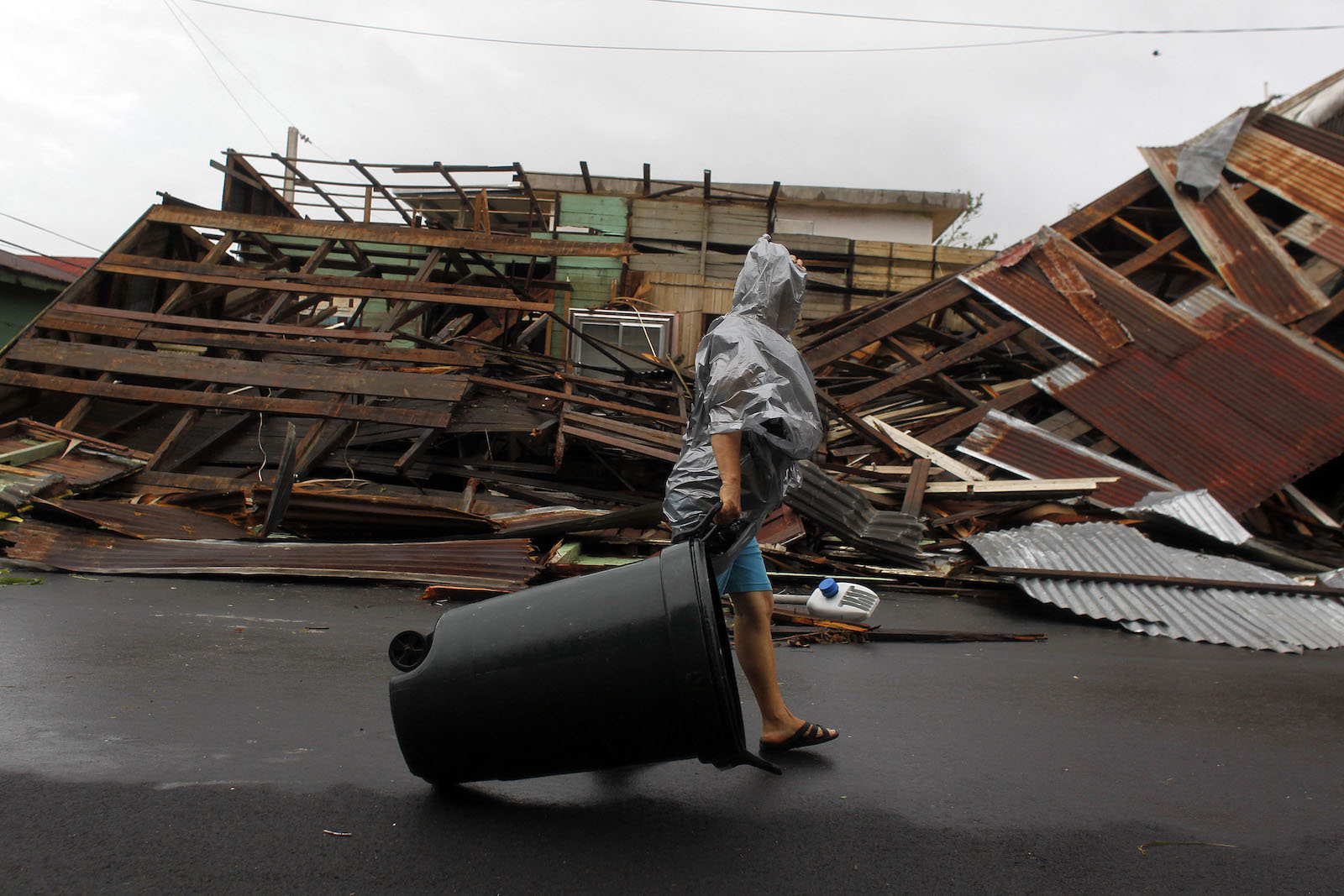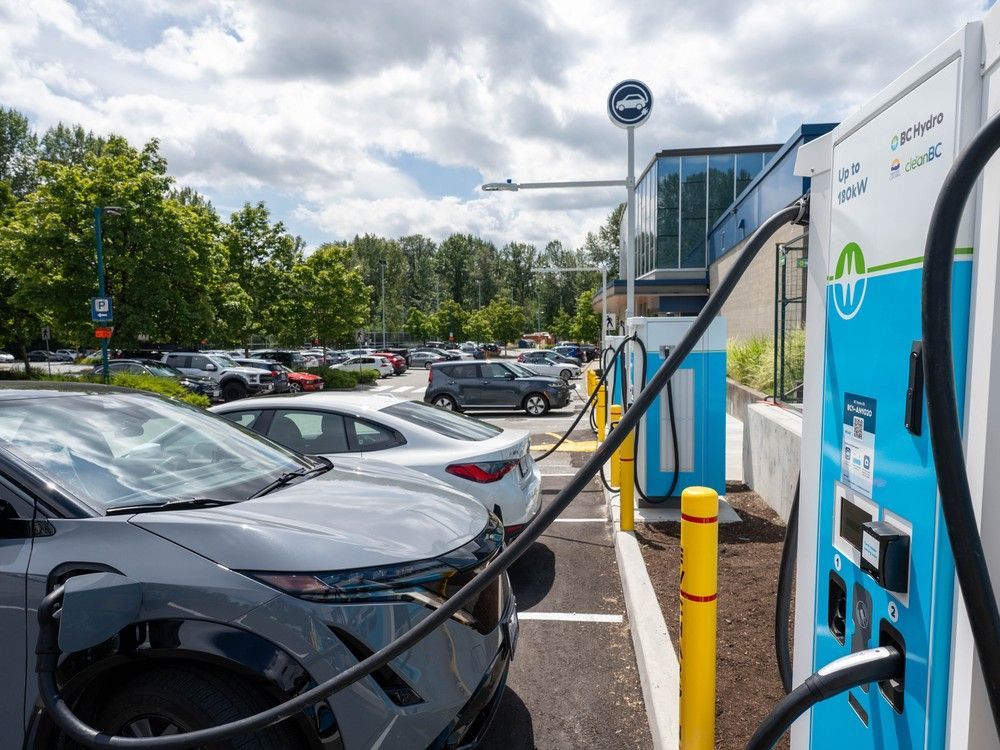The aftermath of Hurricane Maria exposed the fragility of Puerto Rico's food system, revealing a dire humanitarian crisis exacerbated by pre-existing food insecurity. Families like that of Migdalia Mass Llorens faced not only the loss of their homes but also severe food shortages as relief efforts faltered. With the island's infrastructure devastated, many communities were left isolated, relying on salvaged food and makeshift shelters. The prolonged recovery highlighted systemic issues, including a reliance on imported food and inadequate government response, which left residents questioning their vulnerability and the effectiveness of federal aid. The storm's impact was a catalyst for change, prompting a reevaluation of how Puerto Ricans approach food security and disaster preparedness.
In response to these challenges, grassroots initiatives have emerged, fostering resilience through community-led projects that prioritize local food production and mutual aid. Organizations like Plenitud PR and Comedores Sociales de Puerto Rico have developed sustainable models that not only address immediate needs but also aim for long-term food sovereignty. These efforts include establishing community kitchens, agricultural cooperatives, and barter networks, which empower residents to take control of their food systems. As climate change intensifies the threat of future storms, these local solutions are critical for building a more equitable and self-sufficient food landscape in Puerto Rico, demonstrating that community-driven resilience can thrive even in the face of systemic neglect.








